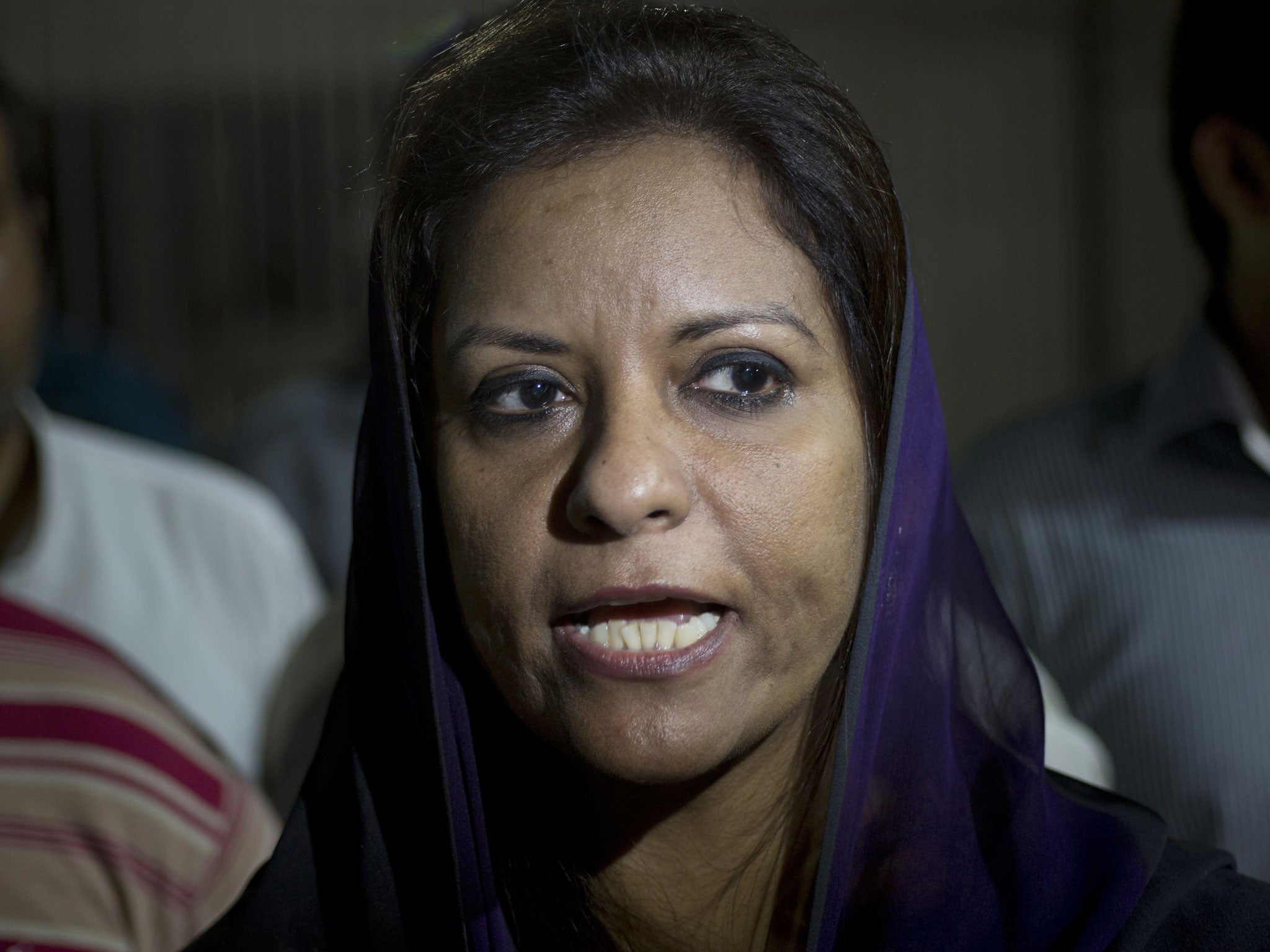Pakistan closes legal loophole allowing ‘honour’ killers to walk free
‘Laws are supposed to guide better behaviour, not allow destructive behaviour to continue with impunity’

Your support helps us to tell the story
From reproductive rights to climate change to Big Tech, The Independent is on the ground when the story is developing. Whether it's investigating the financials of Elon Musk's pro-Trump PAC or producing our latest documentary, 'The A Word', which shines a light on the American women fighting for reproductive rights, we know how important it is to parse out the facts from the messaging.
At such a critical moment in US history, we need reporters on the ground. Your donation allows us to keep sending journalists to speak to both sides of the story.
The Independent is trusted by Americans across the entire political spectrum. And unlike many other quality news outlets, we choose not to lock Americans out of our reporting and analysis with paywalls. We believe quality journalism should be available to everyone, paid for by those who can afford it.
Your support makes all the difference.Pakistan MPs have passed a law that stiffens the penalty for convicted “honour” killers and closed a loophole that often allowed them to go free, in a move aimed at stemming the growing number of such killings.
The bill was passed after a raucous debate on Thursday that lasted nearly four hours, with some of the loudest opposition coming from hard-line Islamist MPs. They wanted the Council of Islamic Ideology, a body of conservative Muslim clerics, to weigh in on it before becoming law.
Supporters of the bill flatly refused, saying the council, which once ruled it was permissible for a man to “lightly” beat his wife, routinely vetoes legislation aimed at protecting women.
“Laws are supposed to guide better behaviour, not allow destructive behaviour to continue with impunity,” said former senator Sughra Imam, who initially put forward the bill.
More than 1,000 women were killed last year in so-called honour killings in Pakistan, often by fathers, brothers or husbands. Such killings are bound up with longtime traditions by which a woman's chastity is vital to the family's honour – so acts like a woman marrying the man of her choice, meeting a man or even being seen sitting with a man could lead to slayings.
But those who carry out such killings are almost never punished. In accordance with Sharia, the country's law allows the families of victims to forgive the killer. Since the killers in these cases are usually close relatives, the family almost always forgives them.
The new law gives a mandatory 25 years in prison to anyone convicted of killing in the name of honor and no longer allows family members to forgive such killers. The law allows forgiveness only of an “honour” killer is sentenced to death; if the killer is forgiven, he would still have to serve the 25 years in jail.
“Honour killings are a cancer in our society. This law is being presented against this cancer,” said Naveed Qamar, a member of the opposition Pakistan People's Party, a left-of-centre party once led by Benazir Bhutto, who was assassinated in 2007.
Still, the law angered some conservative Islamists who said it violated Sharia and imitated “Western laws” that give women too much independence.
Many supporters of the law said they wanted it to go further. MP Nafeesa Shah said she had wanted any form of forgiveness banned in honour killings.
“There are still some loopholes, but it meets the problem half-way,” she said.
“It is one positive development,” said Zohra Yusuf, chairman of the independent Human Rights Commission of Pakistan, which documents such killings.
The legislation was originally introduced nearly a year ago by the PPP. But because the practice of forgiveness is part of Sharia, Parliament deferred it to a committee to try to build a consensus. The conservative Pakistan Muslim League took up the bill but added the possibility of forgiveness for the death penalty as a concession to religious parties.
The government of Prime Minister Nawaz Sharif has faced mounting pressure to pass the law after the brother of social media star Qandeel Baloch was arrested in connection with her strangling death earlier this year.
“We have to work within certain confines ... but we have taken this step and we have come so far,” said Shaista Pervaiz Malik, a government MP.
An anti-rape law, which makes it mandatory that a perpetrator gets 25 years in jail, was also passed in the same parliamentary session.
Associated Press and Reuters
Join our commenting forum
Join thought-provoking conversations, follow other Independent readers and see their replies
Comments